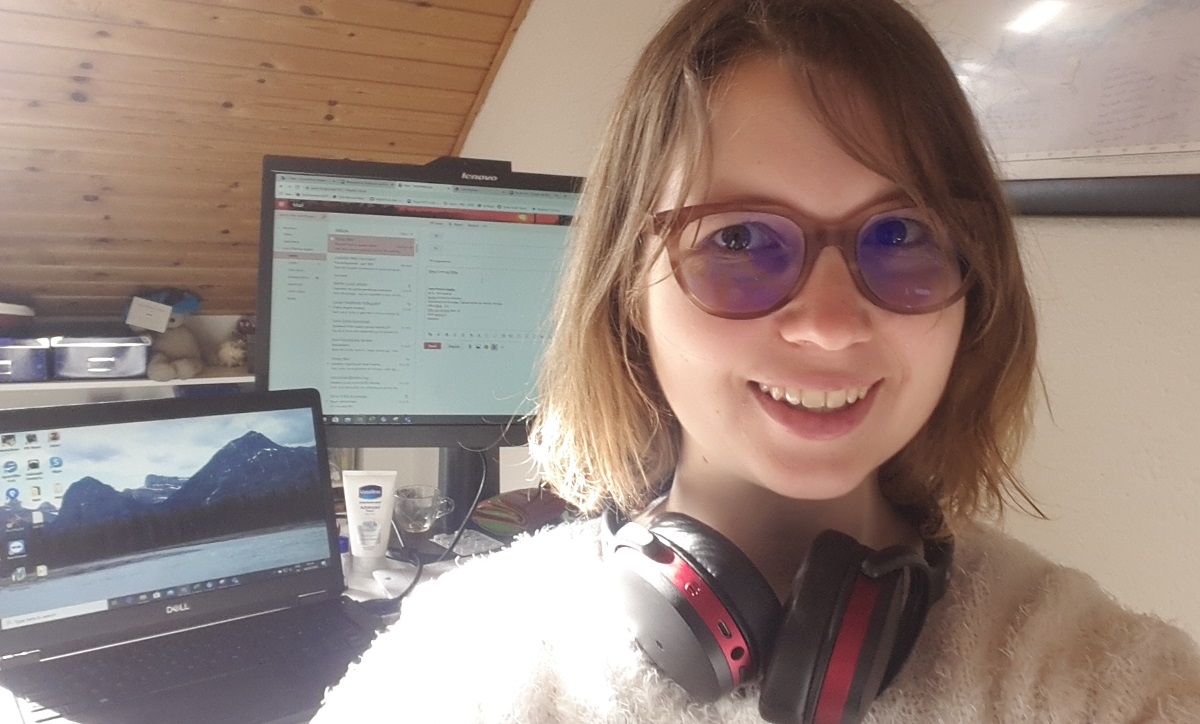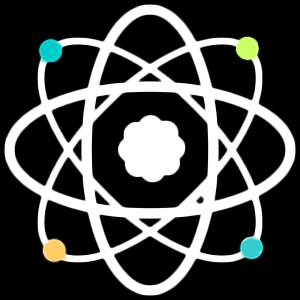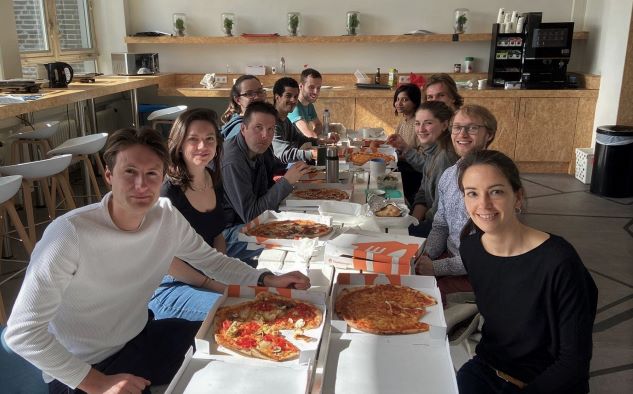Elizabeth von Hauff is an associate professor of physics at the VU Amsterdam, Netherlands. She spoke to Margaret Harris about how she and her research group are dealing with pandemic-related restrictions.
This post is part of a series on how the COVID-19 pandemic is affecting the personal and professional lives of physicists around the world. If you’d like to share your own perspective, please contact us at pwld@ioppublishing.org.
My research group of about 10 people works on emerging concepts in photovoltaics and sensors. We use spectroscopic tools to study material properties and develop new device architectures. We are an interdisciplinary group, working at the interface between physics, chemistry, and materials science, and our work is aimed at answering fundamental questions in the context of real-world applications in energy conversion and sensing.
I have been at home since Monday the 16th of March, and I am adjusting to my home office. My workday starts at the same time as it used to, 8:30 – 9:00. While some deadlines (on grants, for example) have been extended, other more urgent things have come up, like how to organize an online class. I have been Skyping quite a lot of course. So, my day consists of grant/paper writing, e-mails, and Skype meetings – similar to what it used to be. I do try to go out a bit more during the day, though, which is something I didn’t do in the office.
The VU Amsterdam has been very flexible and communicative. I am receiving constant updates, and things are transparent. My department has been very clear about encouraging people to work at home and offering to cover any costs or help solve any problems that arise because of this. The building is still technically open, but all staff and students have been told to stay at home unless there is really a reason to go to the university (for example lab equipment that has to be maintained). Things are still somewhat relaxed in the Netherlands. Schools, restaurants, bars are closed, but the rest remain open for now. However, when you do see people out and about, they are maintaining a good distance from each other.
Planning for an uncertain future
My plans are to finalize two grant proposals and a paper, while keeping in regular touch with my group to ensure that their projects move forward, and that we find a suitable solution. This is probably too ambitious, but I will try! We are an experimental physics group, so a lab shutdown could be a disaster, but we are finding that everyone has some data to analyse, some text to write, some reading to do. For the next few weeks, we have a good plan for how to proceed.

Physics in the pandemic: ‘Routines are important’
I am not worried about myself at all. I have a stable job, and I can work from home if I have to. The silver lining for me is that I can get a lot of my to-do list done without many distractions. But it is clear to me that I am in a very privileged situation. I am worried about my students (some of whom come from other countries and are here on their own); colleagues with short-term contracts; people who are caring for others now; and generally about people in less stable financial, social, or personal situations. In the short term, it will be very stressful. As for the long term, it is very unpredictable, and no one knows how long it will last and what the direct and indirect consequences will be. It is indeed a strange situation.

